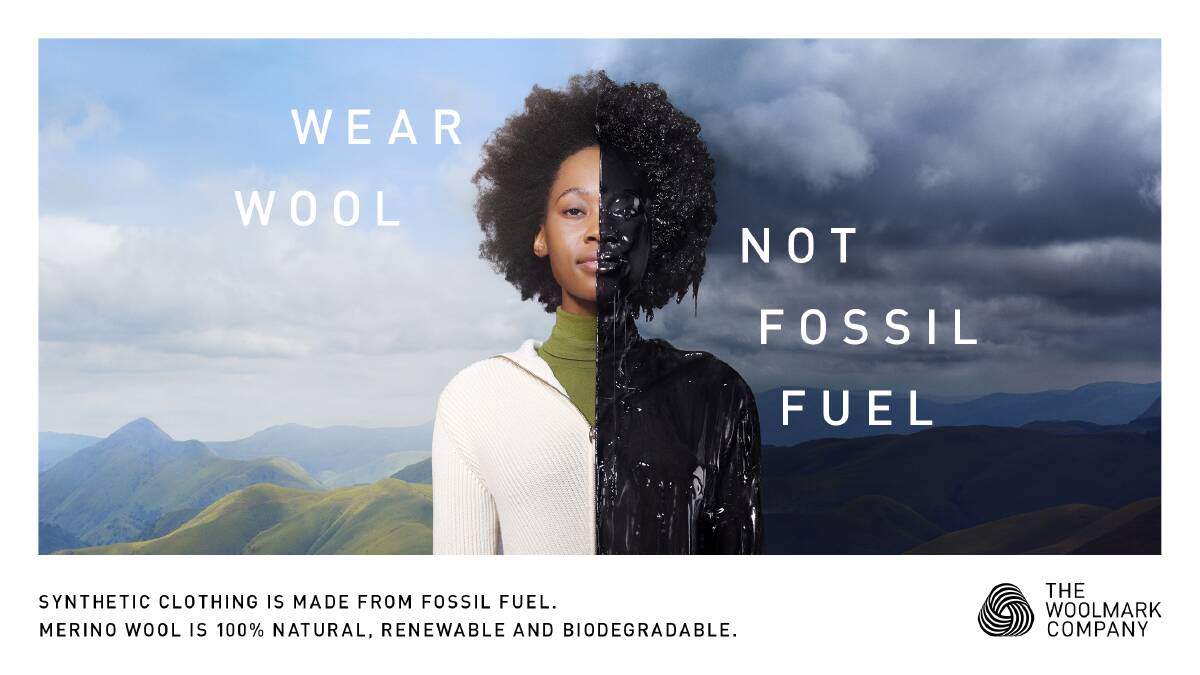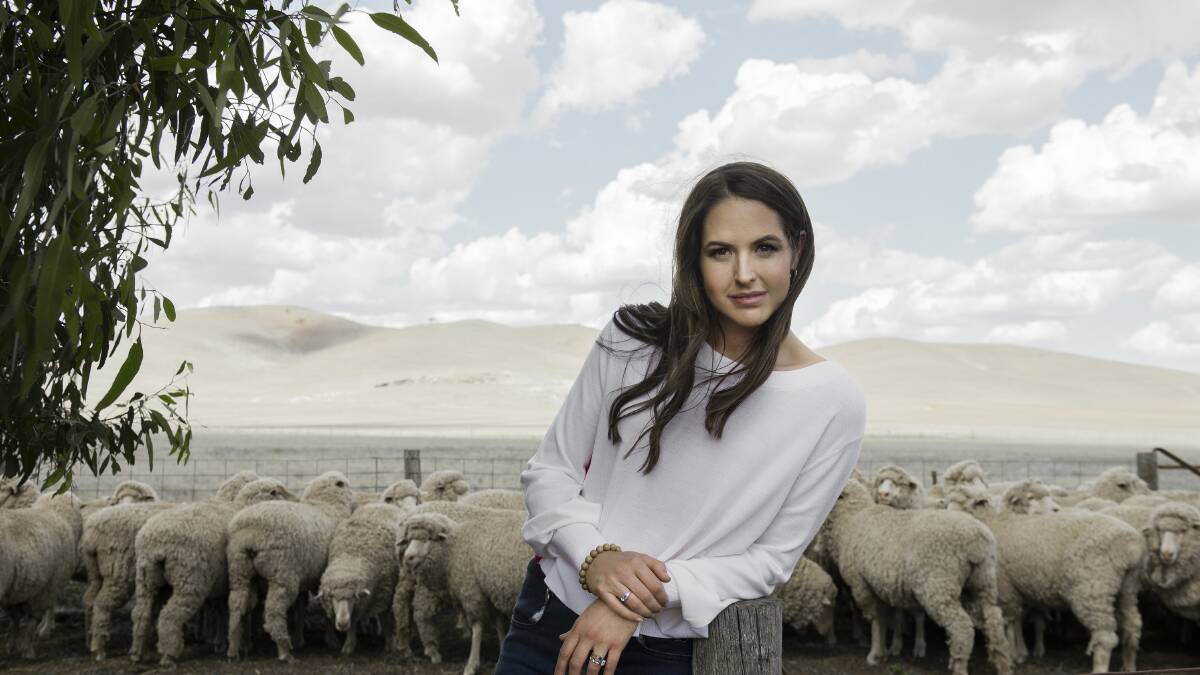
Wear wool, not fossil fuel.
Subscribe now for unlimited access to all our agricultural news
across the nation
or signup to continue reading
That's the hard hitting angle for a new international wool campaign which hit screens across Europe and the United States this week.
The new international campaign, launched by Australian Wool Innovation and devised by AWI's marketing arm The Woolmark Company, has hit back at the use of synthetic fibres.
And it also focuses heavily on wool's environmental credentials.
AWI chief executive officer John Roberts said the ad has a simple, but incredibly powerful message.
"It is a fairly combative message, but it is intended to be," Mr Roberts said.
"With what is going on in the EU in particular, with the the environmental footprint standard, there is the potential for greenwashing to continue.
"So we want to make consumers aware that if they are really serious about sustainability they have to actually make considered and informed decisions.
"This is a very direct way to try and inform consumers about what they are putting on their bodies."
The advertising features a series of powerful visual messages that highlight the link between fabrics made from synthetic fibres and the crude oil used in its manufacture.
The campaign centres around a 60-second film showing people struggling to escape an oil-filled swimming pool.
This was based on recent research which revealed every 25 minutes, an Olympic pool's worth of crude oil is used to produce synthetic clothing.
This amounts to almost 350 million barrels a year.
And research conducted by The Woolmark Company showed that while more than one third of global consumers say they are willing to pay more for sustainability, fibre consideration does not feature in the purchase journey at all.
South Australian wool producer and emerging fashion designer Emily Riggs of the woollen label Iris and Wool said the campaign was both confronting and breathtaking.
"I think the strategy of the advertising is brilliant - they nailed it. It is very clever, compelling and stops you in your tracks,' Ms Riggs said.
"I think these days consumers relate more to visual communication rather than words, and the video does this."
Ms Riggs, who together with her husband Tom run a 15,000-head Merino farm at Burra, SA, combines her creative flair with a passion for wool.
"I find it frustrating and sad that consumers would rather wear fossil fuel generated fibres rather than what we, as Australians grow so well and have done for so many years. They choose cheap over supporting the wool industry and farmers," she said.

"Just the fact that wool is renewable and biodegradable - the best fibre in the world, why do they continue to choose synthetics?
"To see this campaign that Woolmark has produced is so good for not only farmers, but for people like me as a designer and owner of an Australian Merino wool fashion brand in the wool industry."
She said after sharing the film through her own social media pages, followers have posted both stunned and positive comments.
Mr Roberts said consumers should know that the natural, biodegradable and recyclable qualities of wool stand in sharp contrast to the properties of synthetics.
"It is predicted that in just 10 years' time, 73pc of the entire clothing market will be made from synthetic fibres, which are derived directly from fossil fuels," Mr Roberts said.
"The impact these clothes have during the use and end of life stages of their lifetime cannot be underestimated."
ALSO READ:
To develop the campaign AWI worked with creative agency, 20something.
20something's strategy partner Fran Docx said the message is timely and important.
"Back in 1980, our wardrobes were filled with natural materials like cotton, wool and cashmere," Ms Docx said.
"These natural fibres made up 60pc of the market, far outstripping the relatively new polyester and polyamide alternatives.
"The rise of fast fashion, Instagram outfit culture and turbocharged consumerism has seen a wholesale shift in what lurks in our wardrobes.
"We rarely make a wider ecological connection between clothes, the fibres they're made of, and the impact on the planet.
"Our ambition for our work with The Woolmark Company is to address that and raise awareness of the alternatives to synthetic fabrics."


